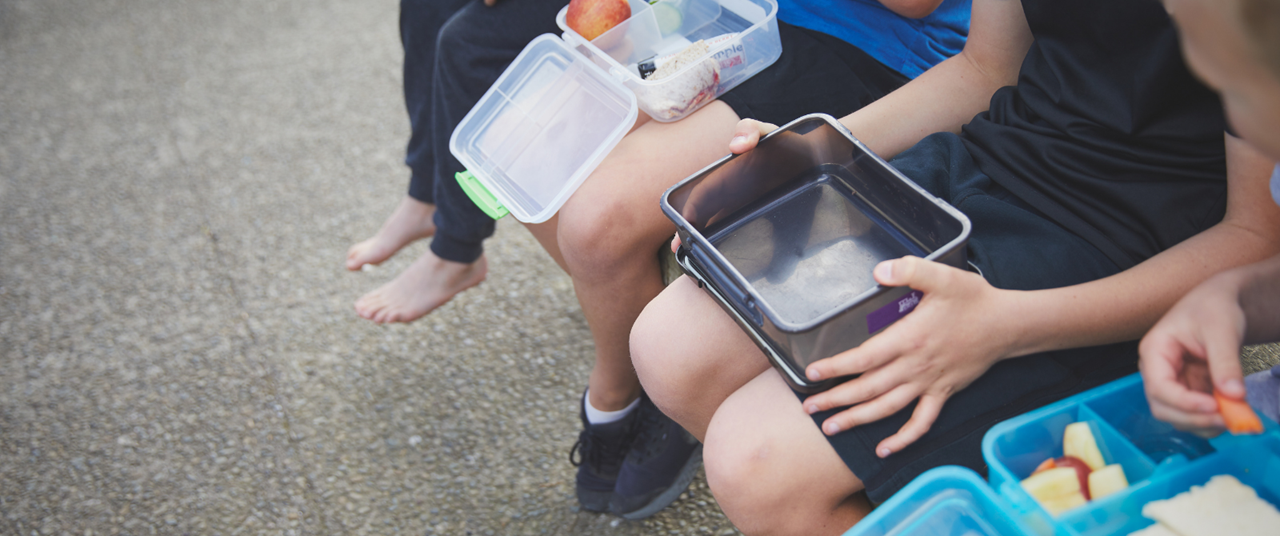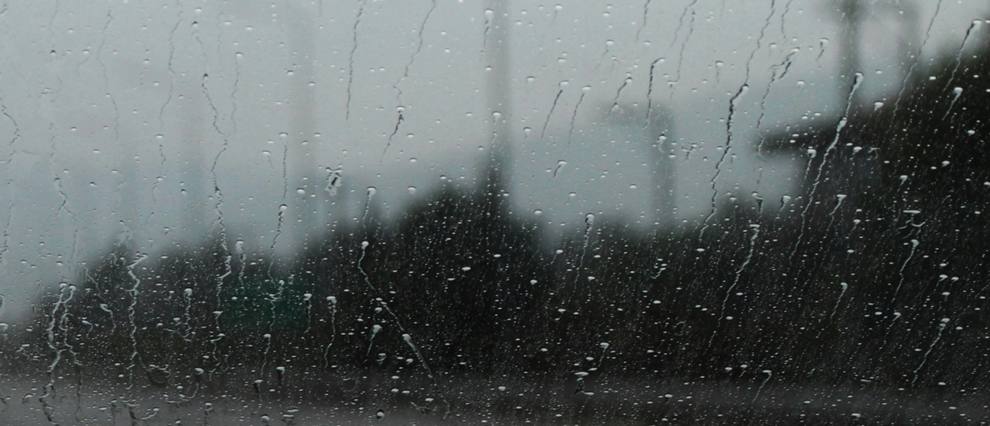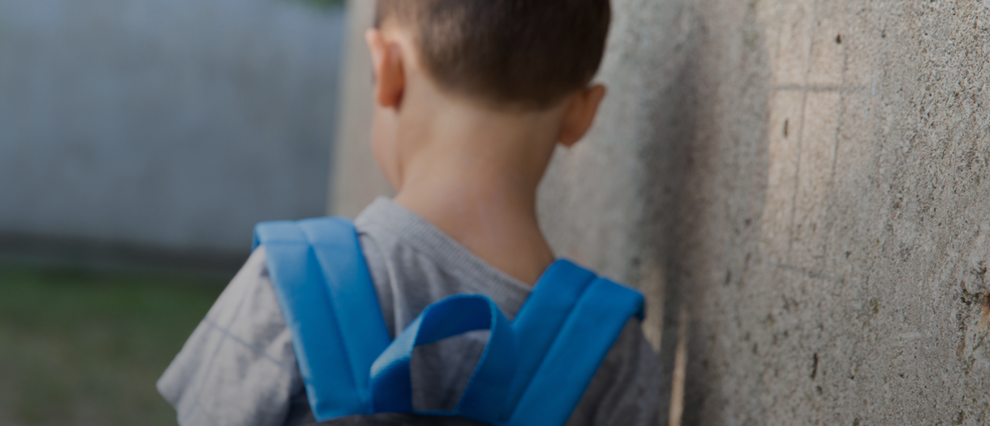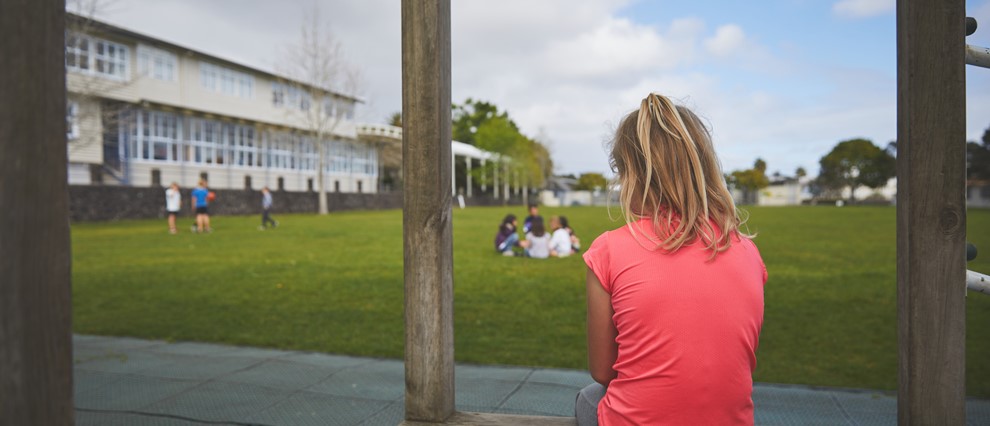
New Zealand’s children charity, KidsCan, is experiencing a significant increase in demand for food, with orders up 15% compared to the same period last year, as the organisation enters what CEO and Founder Julie Chapman describes as the toughest time of year for families in poverty.
As the charity prepares to mark its 20th year of providing essentials so children living in poverty can get to and through the school gates, Chapman says there is no let-up in need.
As winter bites, KidsCan has heard from principals concerned about students slipping behind their classmates, due to food insecurity and a lack of appropriate clothing to keep them warm and able to participate.
A principal from a KidsCan partner school has said, "Over the course of my career, I've seen firsthand how hunger deeply impacts students' ability to learn and how, over time, this can lead to long-term academic delays sometimes amounting to several years' worth of missed progress.".
Another educator with more than four decades of experience explains: "I have seen this repeatedly. Students who live with food and housing insecurity often leave school earlier and move into jobs that have limited earning power and ability to cover basic living costs. School has become a challenge and a grind, because every part of life has become difficult. They fall further and further behind in attendance, achievement and wellbeing."
This year, KidsCan will provide over 5.6 million food items, 70,000 raincoats and 55,000 pairs of shoes, along with health items for children in over 1,100 schools and early childhood education centres throughout New Zealand. In addition, KidsCan provides 70,000 healthy lunches weekly to over 500 early childhood centres, 300 of which are funded thanks to the Government support.
Chapman says “It is incredibly frustrating to see there is no let-up in need.” Material hardship rates for children have not improved since 2018 baseline reporting by Stats NZ, and food prices rising again by 4.4% in the 12 months to May.
Another contributing factor is that New Zealand has the second-highest rate of child food insecurity (based on 15-year-olds) among OECD countries according to the Programme for International Student Assessment (Pisa), with 14% of students reporting they did not eat at least once a week in the last 30 days due to lack of money to buy food.
Chapman says, “Living with food insecurity and a lack of other essentials, such as warm clothing and shoes, means children fall behind in their learning and educational achievement.”
"KidsCan's sole focus over the past two decades has been to ensure children less fortunate than others have the essentials – food, clothing, shoes and health products – they need to get to school or early childhood education ready to learn."
KidsCan has provided these essentials for hundreds of thousands of children, with one school telling the charity that their gates would have closed without KidsCan's support.
"Whilst we aren’t the solution to solving entrenched child poverty, we know that providing these essentials means children who would otherwise stay home have a chance at learning, education and a pathway out of poverty," Chapman says.
Recent surveys of KidsCan partner schools have revealed how much impact the basics can have for a child in poverty.
A principal has described, "One student who was regularly provided breakfast at school went from struggling to engage in class to becoming a confident learner and school leader within a year. His progress highlighted how powerful basic nutritional support can be."
For most organisations, 20 years of operations would be something to celebrate. But Julie says her team has mixed feelings. "Whilst we are proud of what we have achieved in providing the essentials for kids and supporting over 1,400 schools and ECEs, the job isn't done and there is much more to do. We must keep going, with the help of business, government and individuals."
"No child should be left behind, and every child deserves a chance at an education, just like their peers. Please donate if you can."
To help address this continuing demand, KidsCan is launching an appeal, backed by it’s Principal Partner Meridian Energy, asking Kiwis who believe that education equals opportunity to support its work with a $30 monthly donation and help change a child’s life by providing food, shoes, jackets and health products to 3,500 children.
Click here to make a donation.

“It’s FREEZING here, and this morning I found a student sitting behind a classroom block wearing a thin short-sleeved polo shirt and a pair of shorts, with just a pair of jandals on his feet. He said his mum couldn’t afford shoes or a jersey. He’s missing the very basics, and I’m worried about his mental health.

I live close to the school where I’m principal, but I might as well live in a different country - it’s that different from my life. It’s a real eye opener to actually see that there are children who don’t have food, who are coming to school hungry, or not coming to school at all. I realised how sheltered my life had been, and how little I knew about the lives that some of our children are living.

By Leisha Byrnes, Lincoln Heights School Principal. We're always worried about our students during the holidays, but we’re pretty connected with our community, so our high-risk families have our staff’s phone numbers – including mine. They’ll ring us over the holidays, and we'll organise food parcels. We actually leave the school unlocked as well, so our parents and our kids see school as a safe place. They will come up here and use the playground, use the bike track.